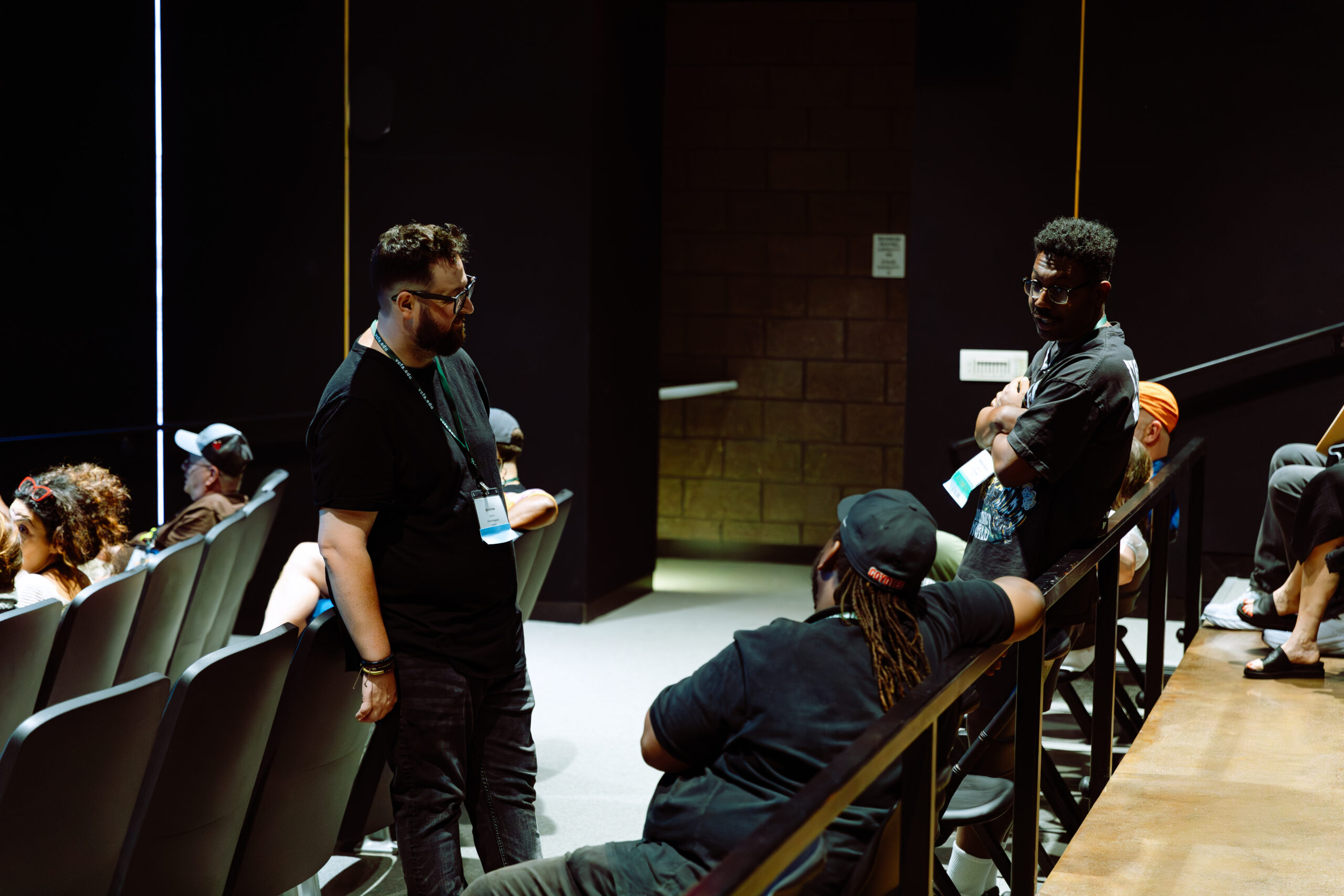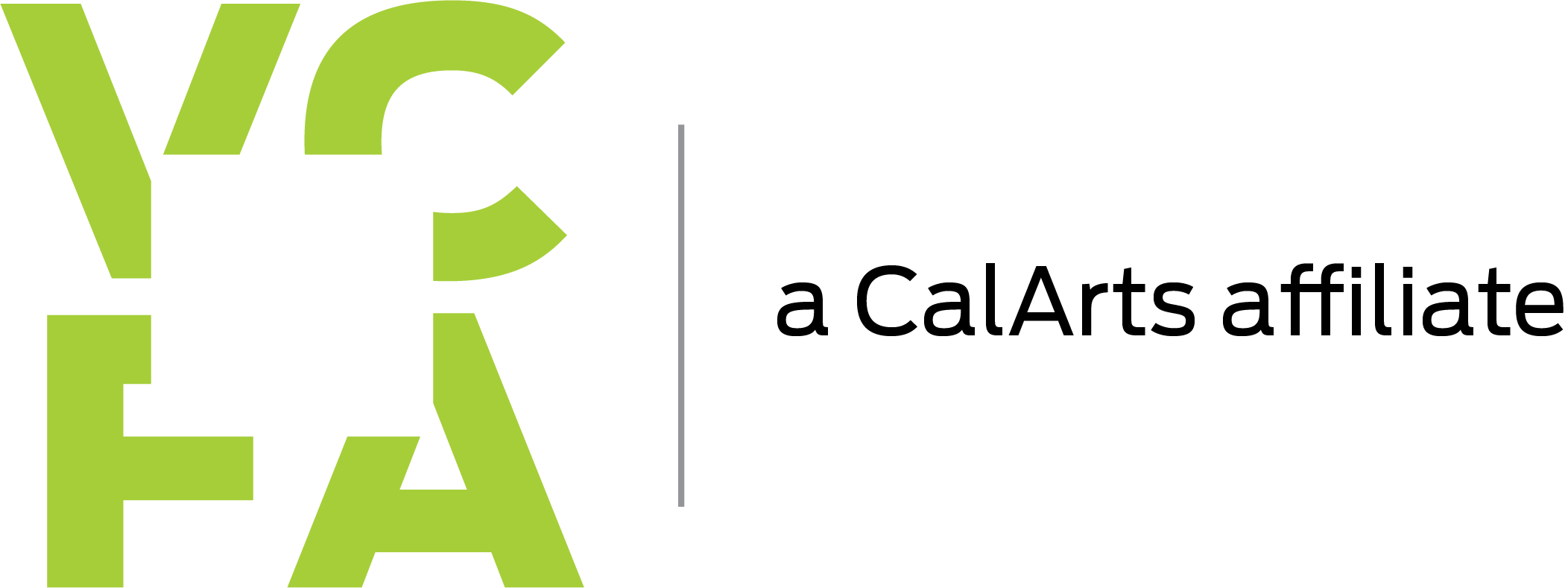Is an MFA Worth it? 5 reasons to Pursue an MFA Degree

For any artist, there can come a time and a need to shake something loose, explore something new, or expand upon an existing foundation that is ready to grow. Pursuing a Master of Fine Arts (MFA) degree can be a life-changing decision that propels your artistic journey forward. Explore why obtaining an MFA degree can be a transformative experience, offering you invaluable opportunities to refine your skills, expand your network, and unleash your creative potential.
1. Mastering Your Craft
Pursuing an MFA degree provides a unique opportunity to immerse yourself in a dedicated period of artistic exploration, risk-taking, and growth. Under the mentorship of experienced faculty members, you’ll refine your technical skills, deepen your knowledge, and spend valuable time committed solely to creation. Through rigorous coursework, intensive workshops, and critical feedback, graduates come away from their MFA experience invigorated and ready to create.
2. Recognition and Validation
An MFA degree carries weight and recognition within the artistic community and can enhance your credibility as a working artist. An MFA signals to potential employers, galleries, and patrons that you have dedicated time to honing your craft. Additionally, this validation can increase your visibility and provide a sense of confidence as you navigate the competitive art world.
3. Nurturing Artistic Vision
An MFA program fosters an environment that encourages the development and articulation of your voice as an artist. By engaging in creative dialogues, exploring various artistic approaches, and collaborating with fellow artists, your vision and process might expand into new areas that never felt possible before. This nurturing environment allows you to infuse your work with authenticity and new depth.
4. Building a Professional Network
One of the invaluable benefits of an MFA program is the opportunity to connect with a diverse community of artists, mentors, and industry professionals. As a result, these connections can open doors to future collaborations, exhibitions, performances, publications, and potential career opportunities. Through workshops, seminars, and networking events, you’ll expand your professional network, gain exposure to different artistic perspectives, and lay the foundation for the next step in your thriving creative career.
5. Access to Resources and Facilities
MFA programs often provide access to state-of-the-art facilities, specialized equipment, and extensive resources. From gallery and performance spaces to cutting-edge technology, these resources empower you to experiment, innovate, and bring your artistic vision to life in ways that might otherwise be challenging. Leveraging these resources can significantly enhance the quality and scope of your artistic practice.
Embarking on the journey to earn an MFA degree is an investment in yourself and your artistic aspirations. Hone your skills. Nurture your artistic vision. Build a strong network. By gaining access to these valuable resources, you will experience transformative growth and unlock your creative potential. Whether you aspire to be a writer, designer, filmmaker, visual artist, composer, or creative professional, an MFA degree provides the tools, knowledge, and connections necessary to thrive in your chosen field.
Take the first step towards an enriching artistic future by exploring our MFA programs and discovering the many possibilities they hold.
Related Posts
- How to Get Your Art into a Gallery Jun 09, 2025
- A Closer Look at VCFA’s Tuition May 23, 2025
- How to Write a Graphic Novel: Top 3 Tips Jun 11, 2025

